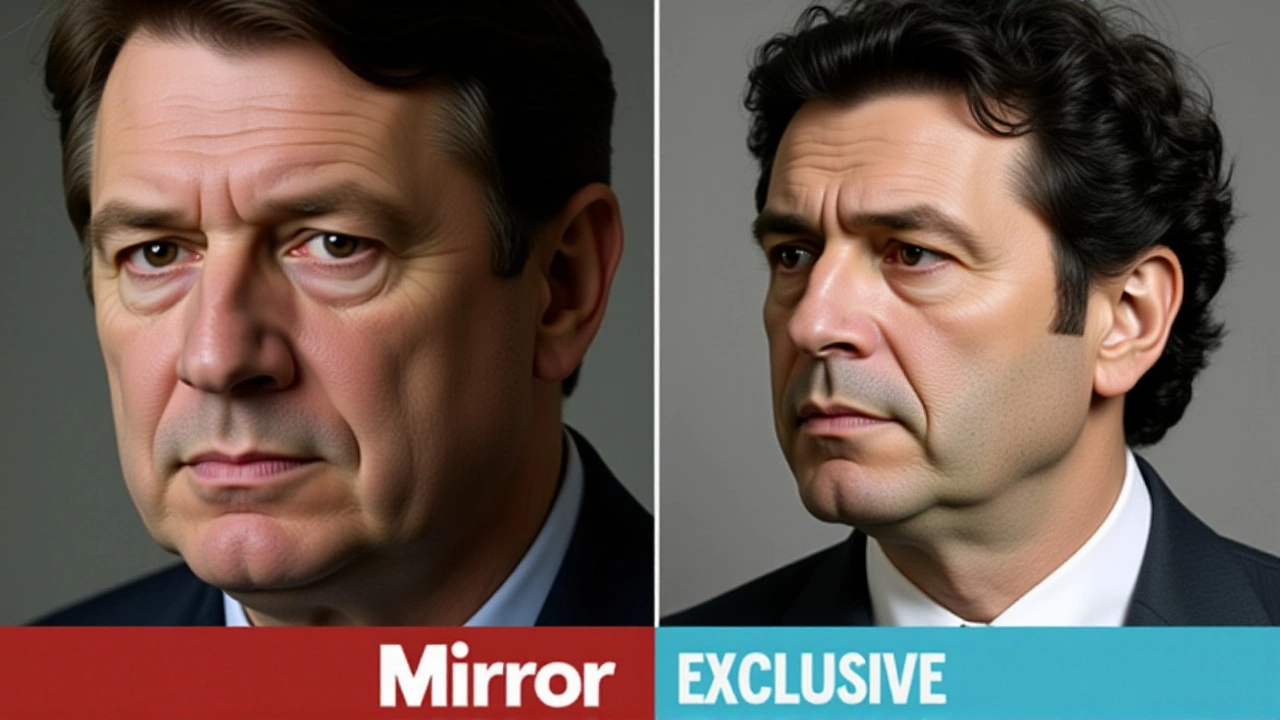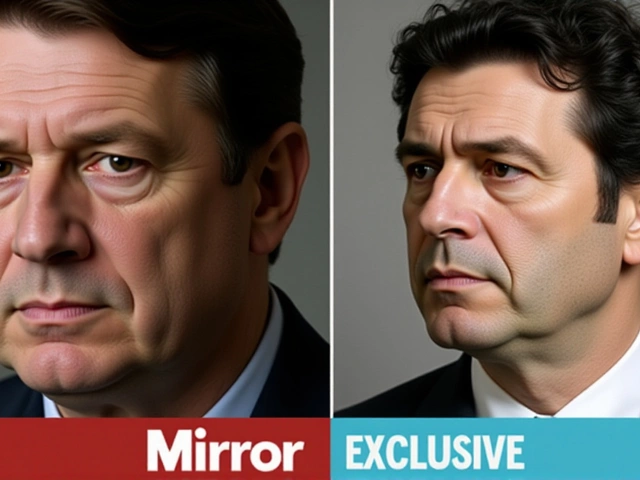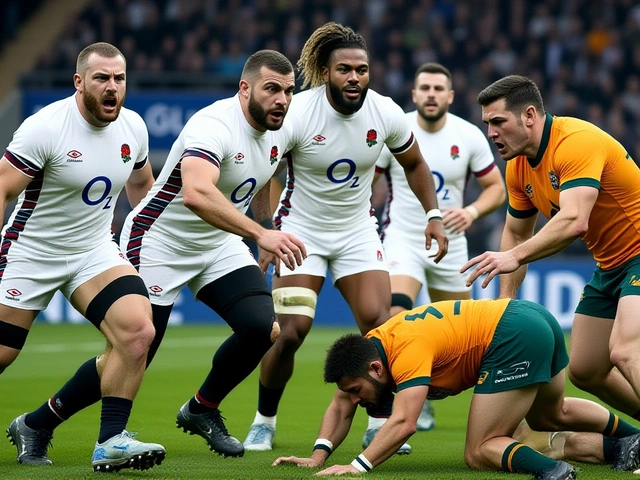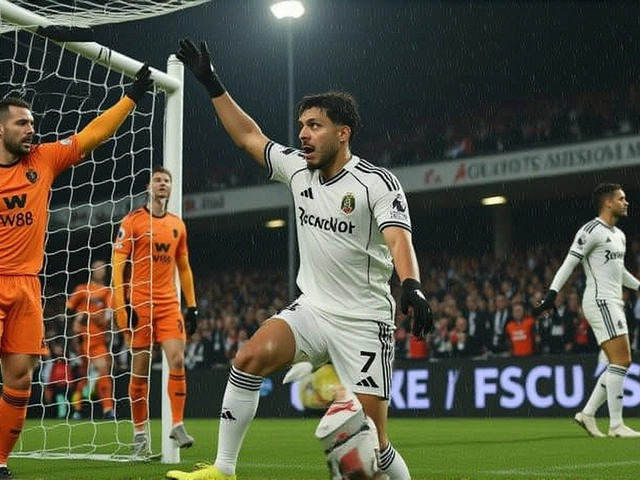Twelve years ago, Gary Andrew Speed walked into his home in Huntington, Cheshire, and ended his life. The next morning, Daniel John Walker received the call. He still hears those last words: "I'm fine, Dan, I'm fine." It was 9:45 PM on November 26, 2011. Speed, then manager of the Wales national football team, was calling Walker, his friend and BBC colleague, after a long, lonely evening. Walker didn’t push back. He didn’t ask again. And by 7 AM the next day, Speed was gone.
The Last Call
Walker, who hosted Football Focus and 5 Live Sport during Speed’s punditry years, described their routine: Tuesday tactical meetings, Saturday broadcasts, Speed always arriving 90 minutes early with handwritten notes. He was meticulous. Professional. In control. But on that Saturday night, something was off. "He didn’t sound fine," Walker told BBC Radio 5 Live. "I just didn’t say it. I didn’t challenge it. And now I wonder—what if I had?" The silence after those words haunts him. Not just as a broadcaster, but as a friend.
Speed, 42, was found unresponsive by his wife, Louise Speed, at their home on 30 The Drive. Paramedics from the North West Ambulance Service confirmed death at the scene. An inquest at Warrington Coroner's Court in January 2012 ruled it suicide, noting Speed had been "in a disturbed mental state." The verdict was devastating—but not surprising to those who knew the pressure he carried.
The Weight of Expectations
Speed had just finished a brutal Euro 2012 qualifying campaign. Wales finished fourth in Group G with nine points—behind England, Montenegro, and Switzerland. The final match, a 2-1 loss to England at Wembley Stadium on October 12, 2011, was the last straw. He publicly criticized the Football Association of Wales for scheduling a friendly against Norway just days later, calling it "disrespectful to the players." The tension with FAW Chief Executive Jonathan Ford grew. Speed, earning £250,000 a year under his four-year contract, was the highest-paid manager in Welsh football history. But money didn’t shield him from isolation.
Colleagues recalled his silence at a private dinner at the Hilton London Metropole Hotel on November 25. He barely spoke. The next day, he canceled a scouting trip to Denmark. Instead, he called Walker.
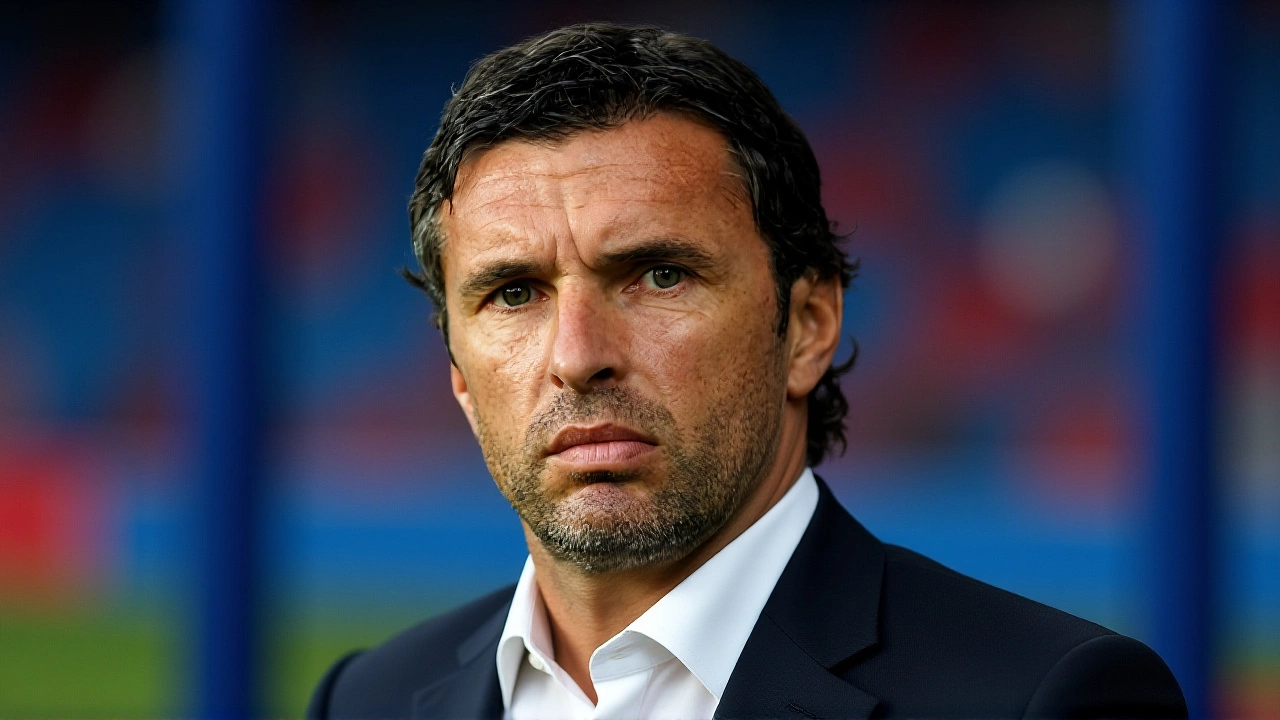
A Legacy That Couldn’t Wait
Speed wasn’t just a manager. He was a quiet advocate. Dr. Alan Billings, South Yorkshire’s Police and Crime Commissioner and a former PFA mental health collaborator, said on November 26, 2023: "Gary was pushing for mandatory mental health screenings in football. He saw the crisis coming—but couldn’t save himself." In 2011, suicide was the leading cause of death for UK men aged 45–49. Speed was 42. His death didn’t fit the stereotype. He was successful, respected, loved. And that’s why it shattered so many.
His sons, Thomas Speed and Edward Speed, stood beside Jason Hayes, FAW President, at the unveiling of the Gary Speed Memorial Garden at Dragon Park, Newport in 2021. The garden is more than a tribute—it’s a quiet plea for change.
What’s Next: A Foundation That Won’t Look Away
This year, the Gary Speed Foundation will launch expanded mental health services across North Wales, backed by a £1.2 million grant from the National Lottery Community Fund. The program, set to go live on June 1, 2024, will fund counseling for youth players, coach training on emotional recognition, and anonymous helplines for retired professionals.
On November 21, 2023, Rob Page, current Wales manager, wore a black armband during Wales’ UEFA Nations League match against Iceland at Cardiff City Stadium. The FAW confirmed the tribute would continue annually.

Twelve Years Later: The Question We All Need to Ask
"I still hear those words at 3 AM," Walker said. "I'm fine.' That’s why I now ask people twice—if they say 'I'm fine' once, I say, 'Tell me again.' It’s the least we can do."
It’s a simple thing. But in a world where men are taught to swallow pain, it might be the most powerful.
Frequently Asked Questions
Why did Gary Speed’s death have such a profound impact on football culture?
Speed’s suicide shattered the myth that elite athletes are immune to mental health struggles. As a respected, high-earning manager with no public record of crisis, his death forced football institutions to confront systemic silence. The Professional Footballers’ Association later cited his case as a catalyst for mandatory mental health training for coaches and staff across the UK.
What role did the Football Association of Wales play in Speed’s stress?
Speed publicly criticized the FAW for scheduling a friendly against Norway just days after a crushing Euro 2012 qualifier loss, calling it disruptive to team cohesion. His frustration with administrative decisions, combined with limited resources and high expectations, created isolation. Though he was the highest-paid manager in Welsh history, he felt unsupported by the federation’s leadership, particularly under CEO Jonathan Ford.
How has the Gary Speed Foundation changed mental health support in Welsh football?
The foundation’s £1.2 million National Lottery grant, launching June 1, 2024, funds free counseling for youth players, mental health workshops for coaches, and a 24/7 helpline for retired professionals. It’s the first program in Wales to target football-specific stressors—performance pressure, identity loss post-retirement, and media scrutiny—making it a model for other nations.
Why is Dan Walker’s testimony so significant?
Walker’s account is rare: a public admission of missed warning signs by someone who knew Speed well. His willingness to say, "I let him down," breaks the stigma around guilt in grief. It’s transformed how broadcasters and fans now respond to people saying "I’m fine"—encouraging follow-up questions as an act of care, not intrusion.
What does Speed’s death reveal about suicide rates in professional sports?
While suicide rates in professional athletes are hard to track, UK data from 2011 shows men aged 40–49 had the highest rates of suicide among all age groups. Speed’s case highlights how pressure, isolation, and lack of accessible mental health support—even at the top level—can be deadly. The Professional Footballers’ Association now cites him as a turning point in their mental health strategy.
Are there ongoing tributes to Gary Speed in Welsh football?
Yes. The Football Association of Wales continues to honor Speed annually by having the national team wear black armbands on the anniversary of his death. The Gary Speed Memorial Garden at Dragon Park remains a site of pilgrimage for players and fans. In 2024, the FAW will also unveil a new scholarship for young Welsh players struggling with mental health, named in his honor.
